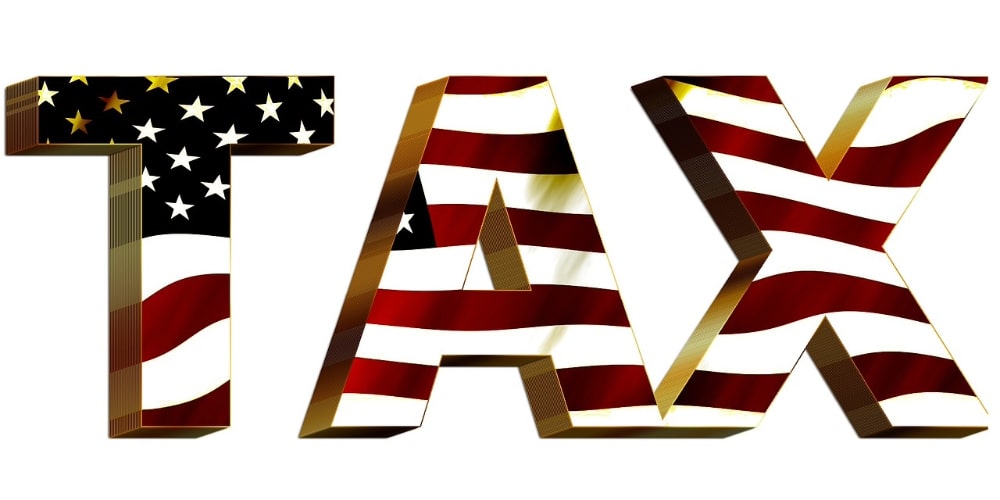Top 10 Native American Casino Facts And Figures
Posted: April 11, 2024
Updated: April 11, 2024
Thanks to America's rather archaic gambling laws, which differ significantly from state to state, many Native American casinos have sprung up. Being located on their own land, they are free to do as they wish. As such, these indiginous casinos have become very successful. However, much of their profits goes back into their own communities.

Although many of our readers are primarily interested in the world of online gambling, let’s step back a little to see how others run their casinos. With the US caught amid vague licensing requirements on a state level, many players find that their nearest land-based casino is a Native American one. So unless you’re going to a virtual casino like Bovada Casino, then a Native American casino might be your only solution. So it’s probably a good idea to see what exactly these casinos can offer.
The Beginning Of Indigenous-Owned Casinos
In December 1979, the Seminole opened the first casino owned by indigenous people. It wasn’t a typical casino, but rather a place for high-stakes bingo in Florida. However, shortly after it opened, the county sheriff threatened to shut it down. According to online casino news in the US, after a lengthy legal battle, the Supreme Court decided in 1981 that the Seminoles had the right to run the bingo parlor because of their sovereignty. This decision paved the way for many other Native American groups to open their own casinos and bingo parlors. Today, there are over 500 Indigenous-owned casinos in the United States. But what is it that sets these casinos apart from others across the country? Let’s have a look at some of the top Native American casino facts.
No Taxes On Casino Income
There’s often some confusion surrounding the tax status of a Native American casino. But the reality is pretty straightforward. According to the law, the federal and state governments can’t impose taxes on the activities of indigenous groups. This means that these casinos are exempt from federal and state taxes. This includes taxes on their commercial or business earnings. However, there are usually agreements in place where the casinos contribute a portion of their profits to local counties or states. When these casinos distribute funds as salaries or profit-sharing to their members, that income is taxable.

However, money given out under general welfare or social benefit programs is not subject to taxation. For players, standard tax rules apply. So, if you win money at a Native American casino, just like winning at any of the top online casino sites in the US, the IRS expects you to report it. Casinos can provide win/loss statements through loyalty card transactions to assist players with tax filings.
Native Casinos Make More Gambling Revenue Than Those On The Las Vegas Strip
In the fiscal year 2021, tribal gaming revenues surged by more than 40% compared to the previous year, reaching a staggering gross gaming revenue (GGR) of $39 billion, which is a remarkable milestone. Concurrently, during the same period, the Las Vegas Strip generated $7 billion in GGR. It’s important to note that these figures represent revenues before accounting for salaries, management costs, and other expenses.
In truth, as Native American casino facts show, it’s not a completely fair comparison since it pits the combined revenues of approximately 500 tribal-owned casinos against roughly 30 casinos situated on the Las Vegas Strip. Nonetheless, it underscores the significant profitability of operating a Native American casino on sovereign land. In some ways, it reminds us that while the Las Vegas Strip garners much attention, substantial wealth is being generated in tribal gaming ventures.
Native American Casino – Games Aren’t Regulated Normally
At tribal casinos, the regulation of casino games differs from that of Las Vegas casinos. Instead of sticking to standard casino regulations, tribal casinos must abide by a gaming ordinance sanctioned by the National Indian Gaming Commission. This ordinance dictates the payment schedules and payout percentages of the casino games. However, there’s a lack of clear rules regarding the display of these payout percentages. As such, this leaves many players unaware of the odds they’re facing.
Nevertheless, it’s worth noting that this doesn’t necessarily mean that a Native American casino offer tighter odds than those found elsewhere. Even online, at platforms like Bovada Casino. You’ll find that Native American casino facts show that some tribal casinos might even have more favourable odds. Yet, it’s important to recognize that since each casino can operate under different rules, most observations are purely based on personal experiences. However, in general, it seems that table games tend to offer better odds at tribal casinos. On the other hand, it appears that slot machines might have slightly tighter odds.
Native American Casino – The Biggest In The World Are Native American
According to Native American casino facts, some of the world’s most renowned casinos, like MGM Cotai and Venetian Macau, are celebrated for their immense gaming areas. MGM Cotai spans roughly 500,000 square feet of gaming space, while Venetian Macau boasts an impressive 546,000 square feet. However, the title of the casino with the largest gaming space belongs to WinStar World Casino and Resort in Thackerville, Oklahoma, owned by the Chickasaw Nation. This colossal casino flaunts an astonishing 600,000 square feet of gaming area.
This is equivalent to nearly 10 and a half football fields! Another mammoth Indigenous-owned casino is Foxwoods Resort Casino in Ledyard, Connecticut, possessed by the Mashantucket Pequot. Foxwoods offers a generous 344,000 square feet of gaming space, dwarfing the gaming area available at Caesars Palace by 2.7 times.
Not Always Running The Casinos
Indigenous land holds sovereignty, but not every Native American casino operating on indigenous land is managed by Native Americans. Like any business, Indigenous-owned casinos often seek assistance from investors, advisors, and managers to ensure their success. For instance, prior to its merger with El Dorado Resorts, Caesars (operating under Harrah’s) managed Native American casinos for a significant period.
These included Harrah’s Ak-Chin near Phoenix, as well as Harrah’s Cherokee Casino Resort and Harrah’s Cherokee Valley River Casino, and Hotel in North Carolina. Moreover, some well-known businessmen have also played roles in tribal casinos over the years. Lim Goh Tong collaborated with the Mashantucket Pequot for Foxwoods Casino, while Donald Trump partnered with the Twenty-Nine Palms Band of Mission Indians of California to establish what was then known as Trump 29 Casino.
Native Casinos Improve Employment
A typical Native casino offers improved employment opportunities for local communities. This represents one of their key advantages. Studies indicate that these casinos lead to a substantial 26% rise in local employment rates and a 14% decrease in the number of individuals living in poverty who are employed. Additionally, there’s been an 11.5% increase in reservation populations thanks to the availability of favourable job opportunities. This has enabled many Native Americans to return to their reservations. Furthermore, indicators of poverty, such as childhood obesity, have shown a decline in Indigenous communities located near Native American casinos.
Native American Casino – The Use Of Casino Profits
Many people assume that Native American communities with thriving local casinos must be financially secure. But this assumption couldn’t be further from the truth when it comes to Native American casino facts. Despite the success of some casinos, Native Americans remain one of the most economically disadvantaged groups in the United States. While the primary goal of building casinos is to uplift the Native American population, it’s important to clarify that even if a casino turns a profit, individual members typically don’t receive direct profit-sharing or additional cash benefits. Instead, these groups often allocate the revenue towards improving infrastructure, education services, and healthcare within their communities.
For instance, the Muckleshoot in Washington has utilized casino earnings to establish medical and dental facilities and to construct homes for their older members. Moreover, many Native American groups demonstrate remarkable generosity by donating a significant portion of their earnings to charitable causes. For example, the Muckleshoot’s Native American casino contributes over $3 million annually to support local governments, schools, churches, and nonprofit organizations.
Click here to try the live casino at Bovada Casino












